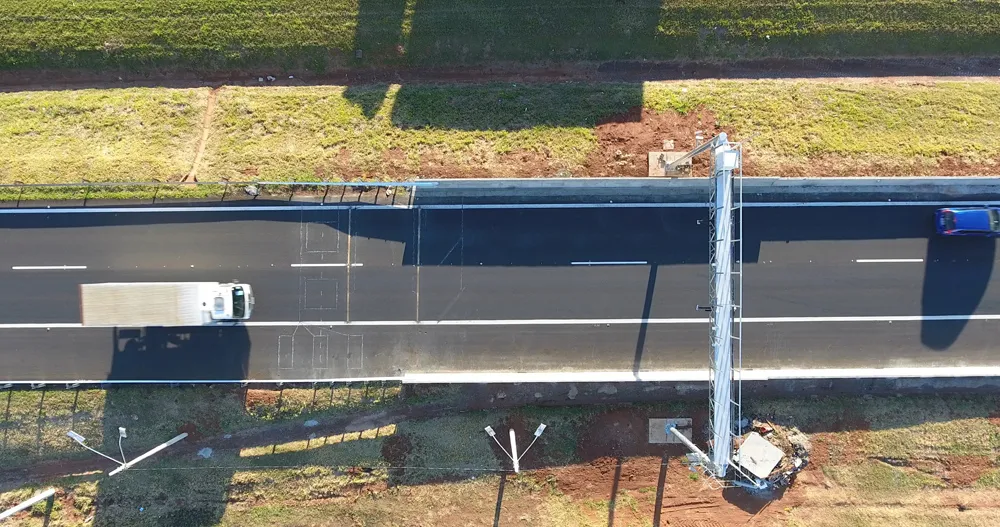The new Singapore-based JV, 2getthere Asia, will jointly market, install, operate and maintain the Automated Vehicle systems for customers in Singapore and the Asia-Pacific. The JV aims to showcase 2getthere’s third generation Group Rapid Transit (GRT) vehicle capabilities in Singapore by the end of the year, highlighting the vehicle’s new features.
2getthere’s vehicles are able to operate autonomously in demanding weather conditions, using artificial landmarks for navigation. The third generation GRT vehicles are able to carry up to 24 passengers each, and can operate as a low-cost automated transit system that can cater for up to 8,000 passengers per hour in any single direction.
2getthere is also moving to mixed-use traffic operations through active participation in several research programmes worldwide. Asia will pursue both automated and mixed-use. 2getthere transit projects in Singapore and the region.
SMRT Services and 2Getthere JV to bring automated vehicles to Asia-Pacific
SMRT Services and 2Getthere have formed a joint venture to market, supply and operate 2getthere’s automated vehicle systems in the Asia-Pacific region. The new Singapore-based JV, 2getthere Asia, will jointly market, install, operate and maintain the Automated Vehicle systems for customers in Singapore and the Asia-Pacific. The JV aims to showcase 2getthere’s third generation Group Rapid Transit (GRT) vehicle capabilities in Singapore by the end of the year, highlighting the vehicle’s new features.
April 22, 2016
Read time: 2 mins










